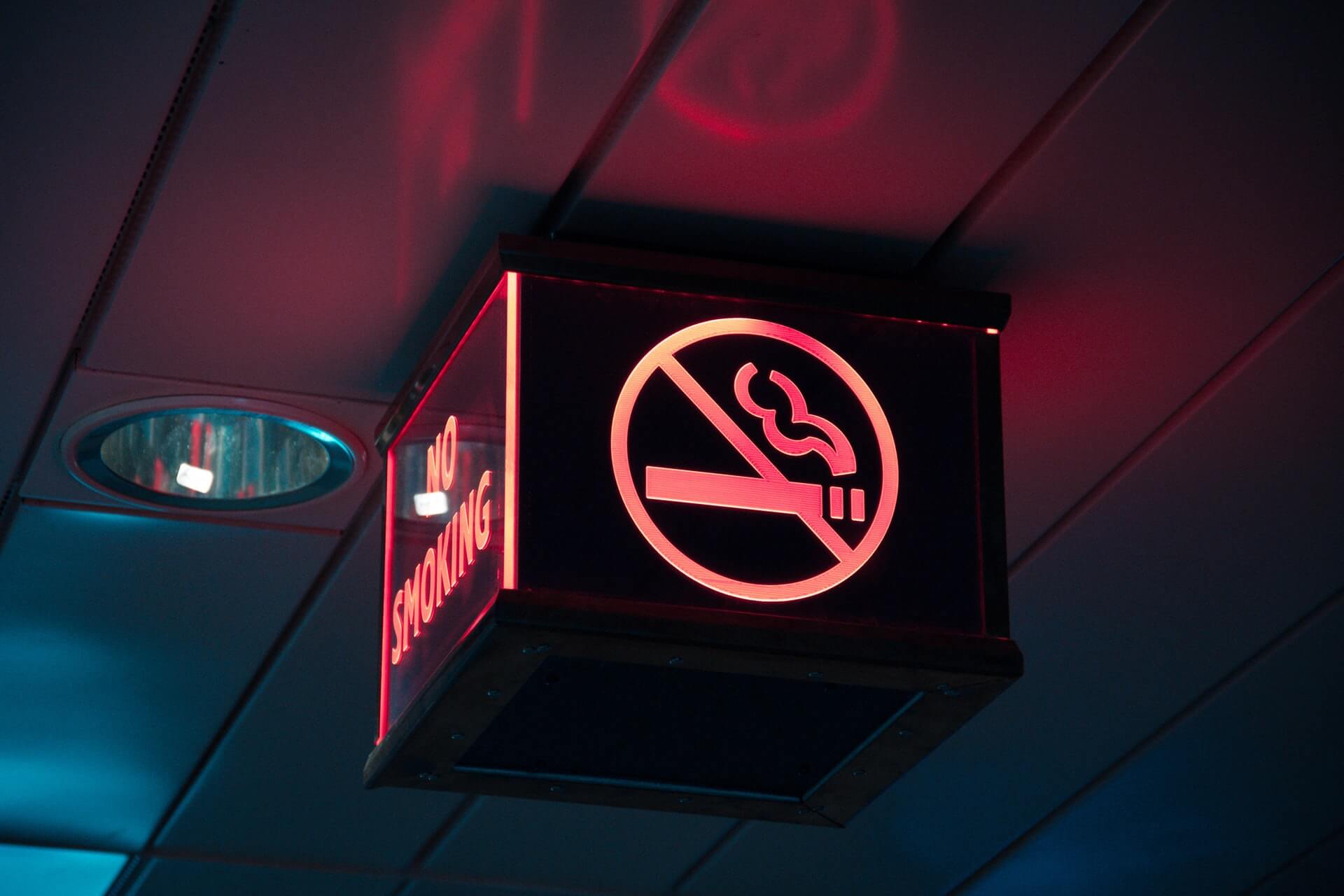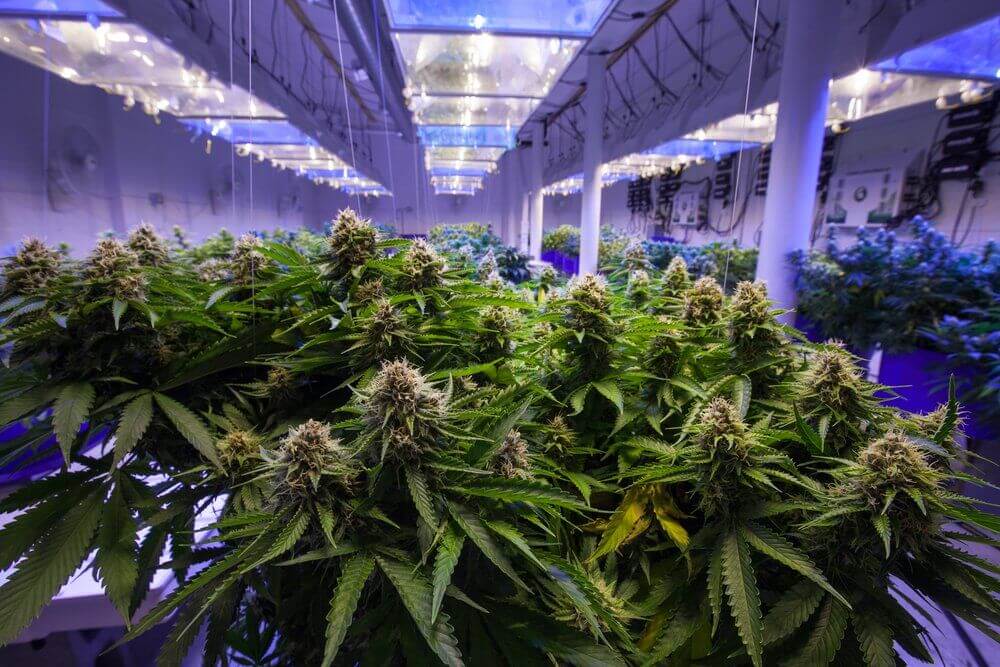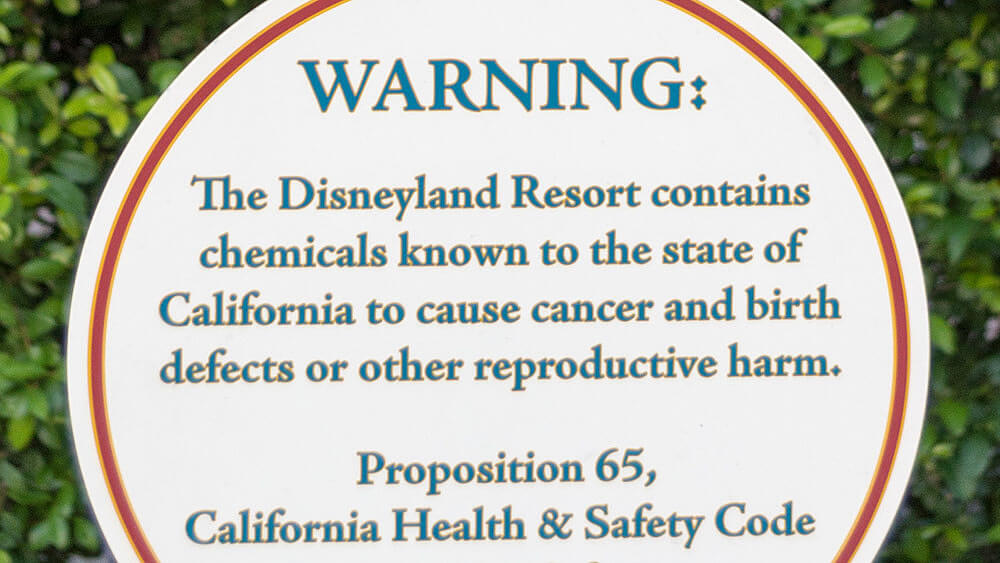
Smoke 'em if you got 'em?
Maybe, maybe not. There are a host of laws and considerations that should be weighed by rental property owners in deciding to allow, prohibit or restrict the use of tobacco and likewise, the use and cultivation of marijuana.
After some locales have clamped down on smoking and following reports of tenants growing an abundance of pot plants, we wanted to revisit this topic in depth.
Beginning July 1, 2022, a smoking ban is in effect for certain parts of Alameda County that did not have any tobacco police in multi-family dwellings.
Way back when, the Alameda County Board of Supervisors passed the Smoke-free Multi-Unit Housing Ordinance covering the Urban Growth Boundary that encompasses Ashland, Cherryland, Fairview, Hayward Acres, Castro Valley, and San Lorenzo. The ordinance bans smoking inside apartments, townhomes, condos, senior assisted living, long-term care facilities, hotels, and any residences with two or more units, but the law doesn't stop there.
Smoking in common areas, whether indoors or outdoors, or within 25 feet of any doorway, window, vent, or other openings into a residence, is also prohibited.
Tenants who ignore the ordinance will receive up to three notices from the County's Public Health Department (ACPHD) offering information and smoking cessation resources. If the smoker continues to be found in violation, the County's Community Development Agency (CDA) may issue a fine of $100 for the first offense in a three-year period, $200 for a second occurrence, and $500 for a third.

Of course, smoking can be banned. Landlords can limit or prohibit smoking in the same way pets, waterbeds, or excessive noise are banned.
While there are a plethora of anti-discrimination laws on the books, none protect a person's right to smoke, and in fact, smokers have become pariahs. Indeed, the federal government has banned smoking in all public housing because of the health hazards associated with secondhand smoke.
This secondhand smoke can rather easily migrate to other rental units through walls, hallways, ventilation systems, outlets, and gaps around fixtures. The CDC found that more than 1 in 3 renters are exposed to secondhand smoke, including 2 out of every 5 children, with no less than 7 out of 10 African American children being subjected to noxious smoke from neighbors.
Both the government and property owners, then, are on good footing when they tell tenants to butt their cigarettes.
Do smoking bans have any teeth?
There are plenty of reasons for rental property owners to frown upon smoking. A ban can limit fire hazards and translate to a reduction in fire insurance premiums. A no-smoking zone avoids stains and odors and keeps neighboring residents happy. The question is how effective these bans are and whether they can be enforced.
Berkeley has had a longstanding ban on tobacco smoking in apartments and condos. For Kristen Gulbransen, the Executive Director of the Berkeley Property Owners Association, the smoking prohibition is laughable. She says that there is no incentive for the tenant to stop lighting up in a complaint-driven system that may result in a small fine if any action by the city is taken at all.
Contrast a negligible fine with the thousands of dollars it may cost to evict a tenant with no guarantee that the court finds that smoking is egregious enough to warrant the removal of the tenant. The unlawful detainer (eviction) process may go something like this: come court day, the judge asks if the tenant has stopped smoking. The tenant says yes. The judge then asks the tenant if they promise to stop smoking. With nicotine-stained fingernails, the tenant says yes, they will cease smoking and the matter is done.
For Gulbransen, the big problem is long-term tenants who got hooked on nicotine long ago and have no clause in the lease that prohibits smoking.
![]()
"The likelihood a tenant whose smoking habit has been grandfathered into the regulation – and whose lease is so old it lacks a no-smoking clause – will quit, is slim to none."
As for new faces in the rental unit and particularly younger tenants, vaping is more commonplace. While still harmful to health, e-cigarettes are far less likely to cause a complaint by another tenant because smoke is infiltrating their unit.
The main question is how to institute and enforce the landlord's disfavor of smoking.
As for new tenancies, the landlord can ban smoking in a building or any portion of the building. Short of a blanket policy of "no smoking", the landlord can elect to restrict it. For example, making common areas like lobbies, hallways, parking lots, laundry rooms, and swimming pools off-limits but permitting tobacco use elsewhere.
As we mentioned earlier, the real challenge is when a smoking tenant has been living in a rental unit for a long period of time.
If the existing lease does not have any restrictions or bans on smoking on portions or all of the rental property, Bornstein Law can serve a properly prepared notice of change of terms of tenancy. We need to put a finger on the lease term to determine how much advanced notice is required.

What about cannabis?
We said in an earlier article that although California's Proposition 64 has given adults the green light to ingest and grow marijuana at home, residents have another hurdle to jump - their landlords.
Toking or growing marijuana presents unique problems of its own. Aside from odors that some tenants may find putrid, the cultivation of cannabis can create a breeding ground for humidity and mold, as well as running up utility bills to high heaven. Ventilation becomes an issue.
Landlords can kill the buzz of tenants by reminding them that an ironclad lease makes state or local laws irrelevant. Yet a recurring theme in our practice has been the use of stale, templated leases. if the leases you are using are a dinosaur, Bornstein Law can certainly assist in reviewing them and bringing them up to modern times.
Can a tenant claim a disability and request a reasonable accommodation under fair housing laws?
The overarching goal of fair housing laws is to afford a person with a disability equal opportunity to use and enjoy a dwelling, but this does not give the tenant the license to violate the law.
One thing that should be crystal clear in the lease is that the tenant must abide by all state and federal laws. Since the use or cultivation of cannabis is illegal under federal law, the tenant can be informed that although medical marijuana is allowed in California, it is still a Schedule 1 Controlled Substance that is prohibited on the premises. Users of medical marijuana, in other words, are not a legally protected class. For the cerebral types, let's examine some case law.

The exclusion of the use of medical marijuana, even if in conformity with state law, will not be protected by the ADA. James v. City of Costa Mesa (9th Cir. 2012) 700 F.3d 394, 397.
The Ninth Circuit has held that “medical marijuana use is not protected by the ADA [ (Americans with Disabilities Act (42 U.S.C. § 12101 et seq.)) ],” because the ADA “defines ‘illegal drug use’ by reference to federal, rather than state, law, and federal law does not authorize the plaintiffs’ medical marijuana use.” (James v. City of Costa Mesa (9th Cir. 2012) 700 F.3d 394, 397.)
This was re-affirmed in the State case, The Kind and Compassionate v. City of Long Beach (2016) 2 Cal.App.5th 116, 121.
Clearly, there are alternatives to smoking marijuana, such as consuming edibles, and this can be a reasonable replacement for smoking.
If the landlord nonetheless agrees to accommodate a tenant claiming a disability and allows cannabis in the unit, the tenant is likely responsible for the reasonable costs of physical improvements to the dwelling, such as increased ventilation requirements.
We hasten to say that this is an evolving area of law and please stay tethered to a law firm that keeps abreast of an ever-changing regulatory regime.

Given an inch, take a mile?
Under California law, residents can grow up to 6 plants in a household, but there is a patchwork of local rules to contend with, many of them relating to where they can be grown.
It's not surprising that some tenants do not follow the letter of the law. We encounter situations when the tenant does not comply with the rules and the rental unit becomes a marijuana farm. Like when there is hoarding or criminal activity occurring in rental units, tenants with an abundance of marijuana plants will oftentimes go through elaborate means to disguise their growth.
We have said many times and in many ways that landlords and property owners must be the eyes and ears of their property and not let problems fester. If there is a permissible reason to enter the premises and advanced written notice is given to the tenant but the tenant continually denies access and refuses to reschedule, this is normally a “just cause” reason to evict.
What did the doctor order?
There was a long stretch of time when tenants feigned the need for an emotional comfort animal, with tenants providing bogus or incredulous documentation. This issue of comfort animals was put to rest with AB 468, a bill that says only a licensed medical practitioner can certify the need for an emotional comfort animal after a clinical evaluation has been completed. Our takes on the legislation ›
Similarly, Bornstein Law has seen and heard dubious claims made by tenants that they are entitled to an extra ration of pot plants. Falsified documentation is commonplace.
Just because landlords can ban cannabis use and cultivation, should they?
Public policy has, of course, shifted around cannabis. Opinions about marijuana have changed among members of the public, including a vast pool of prospective tenants. More than stereotypical "potheads," there are a large number of rental applicants that use marijuana, including growing numbers of older professionals who have used it recreationally for many years.
Any prohibitions or restrictions on marijuana, then, stand to alienate a throng of otherwise desirable tenants who are in the market for housing. It's analogous to having a "pets welcome" policy or allowing tobacco use.
The fundamental question for landlords who tolerate cannabis within rental units to whatever degree, then, is how to accommodate moderate use or growing of marijuana without putting them, their properties, and neighboring tenants at risk. This is a judgment call but one that should be made with a sound understanding of the law.

For landlords who are not concerned about tenants using or cultivating marijuana within their rental units, we want to remind them of yet another initiative, namely Proposition 65, also called the Safe Drinking Water and Toxic Enforcement Act.
Enacted in 1986, this law was designed to help Californians make informed decisions about protecting themselves from harmful chemicals. Prop 65 requires businesses to warn about exposure to carcinogens, and marijuana is one such agent - in 2009, it was added to the list of chemicals that cause cancer.
If you are tolerant of marijuana smoking within your rental units, you face big-time penalties if you do not give proper warnings under Prop 65. One tenant’s enjoyment of marijuana may be to the detriment of another tenant.
At Bornstein Law, we remain neutral on this topic. The democratic process has played itself out, but we want to remind landlords that there are checks on the legalization of marijuana and serious liability if nuisance issues go unaddressed.
We do not pass judgment on choices. Our job, rather, is to manage relationships and protect your rental business irrespective of your stance on legalized marijuana. With proper counsel, nuisance issues can be avoided and resolved, rectified and liabilities reduced.
Taken a step further, what if the landlord not only condones the use or cultivation of cannabis but proactively markets their rental units as "pot-friendly"?
If property owners decide to market their units to marijuana users and their business runs afoul of federal drug laws, there is the risk of making deposits into a federally-accredited bank should the feds decide to go after any proceeds. O&E (errors and omissions excepted) insurance also becomes an issue. Before broadcasting your rental units as a haven for pot users, understand the risks of a possible seizure of assets.
If tenants are not growing marijuana exclusively for their own personal or medicinal use but instead sells their crop, this is illegal drug dealing. It is still a crime in California to sell marijuana - or possess it with the intent to sell it - unless both state and local licenses are obtained.
Landlords are the king or queen of their castle.
Although violators of California's cannabis laws can be charged with a misdemeanor or even a felony depending on the circumstances like a serious criminal history or multiple prior drug convictions. Bornstein Law represents property owners in civil disputes and we want you to know the landlord can take action to remove the tenant even if law enforcement doesn't get involved.
As we stressed in a webinar on handling criminal activity in rental units, a landlord can evict a tenant for nuisances and crimes being committed whether or not those acts are prosecuted in criminal court. You can get a replay here.
Remember that in criminal court, there is a tall bar to prove guilt beyond a reasonable doubt. In a civil proceeding like an eviction, the standard is a preponderance of the evidence. If our office has credible evidence of illegal activity, we will act upon it, beginning with a 3-day notice to cure or take a more aggressive approach by serving a 3-day notice to quit, meaning the tenant has to vacate and is given no opportunity to correct the underlying behavior.
Whether the offense is curable or not will depend on the individual circumstances.
Is the offender a sick, elderly person that is simply growing too many plants, or are they engaging in illegal drug sales? Is there an accompanying nuisance such as a revolving door of buyers and sellers going to and from the residence at all hours of the night to make illicit transactions? If so, do we have corroborating evidence like witness accounts?
Bornstein Law is happy to have this factual inquiry with you and suggest a course of action.
Parting thoughts
Years ago, the issue of smoking in multi-unit homes forced landlords to serve as a referee between smoking tenants and non-smoking tenants and their children, some of whom had respiratory conditions. Times have changed thanks to an anti-smoking revolution and laws that empowered landlords to ban smoking, but a no-smoking sign and an ironclad clause in the lease will not deter some smokers from lighting up.
Californians have taken to the ballot box by legalizing cannabis, but this is not unbridled freedom enjoyed by tenants. State and local laws have placed several rules that renters must adhere to. When disputes arise, they are best journeyed with a legal team well versed in landlord-tenant law.
Perhaps the strong preference for landlords and property managers should be to avoid disputes altogether through the careful selection of tenants who have no habit to kick. Past nuisances are usually a good predictor of future ones.
